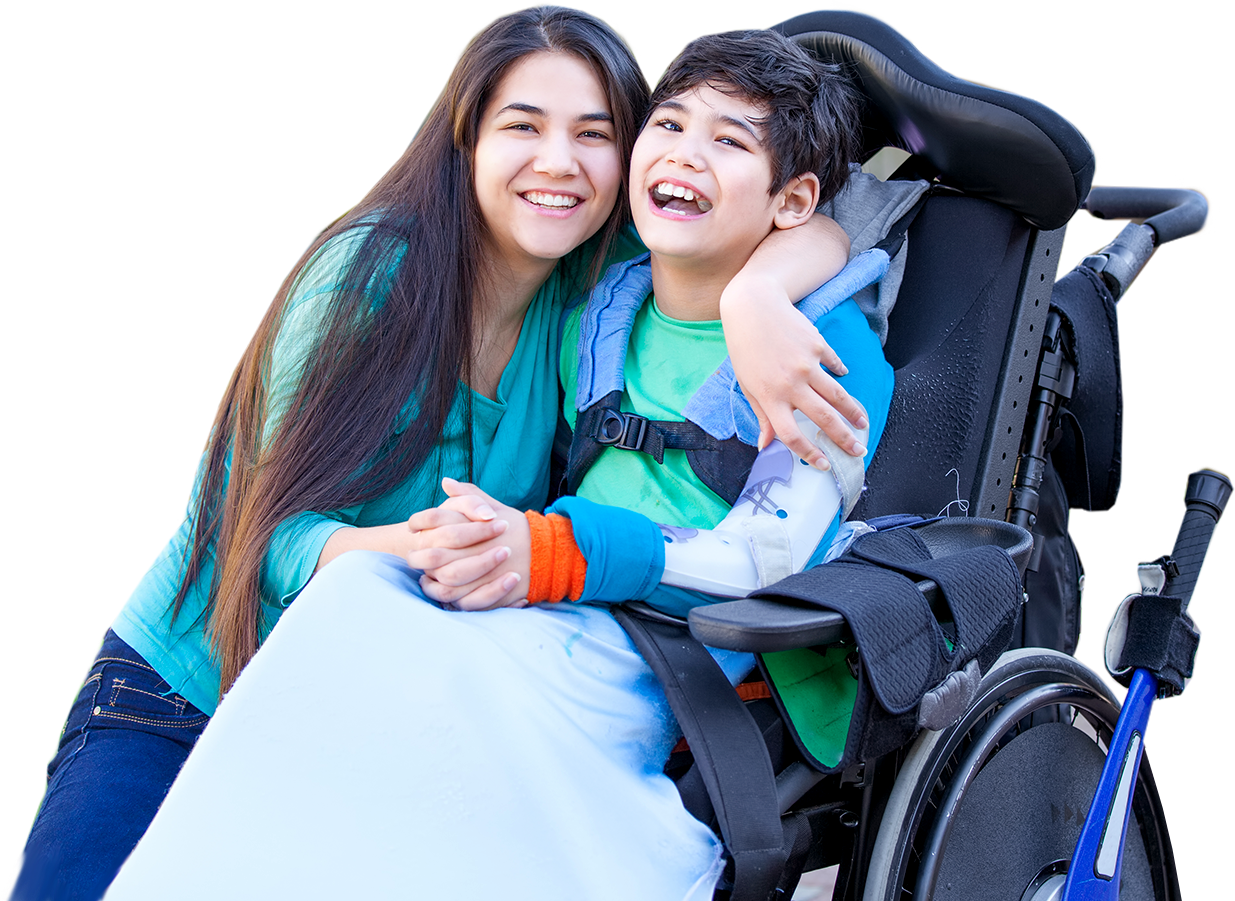CPFN Blog
advice to better care for your child

- Alternative
- Assistive Technology
- Associated Conditions
- Birth Injury
- Causes of Cerebral Palsy
- Cerebral Palsy Diagnosis
- Cerebral Palsy Information
- Cerebral Palsy Therapies
- Cerebral Palsy Treatments
- Child Development
- Doctor Visits
- Education
- Equipment
- Featured
- Legal Help
- Medical Research
- News
- Patient Care
- Prenatal Care and Childbirth
- Stories
- Tips for Parents
- Types of Cerebral Palsy
- Updates
Choosing the Right Communication Device for Your Child with Cerebral Palsy
By Lee Vander Loop CP Family Network Editor For many children with cerebral palsy, communication is a struggle. Some may have a limited ability to learn and understand speech due to cognitive impairment. Others may have difficulty speaking clearly because of motor issues that result in poor control over their tongues, lips, and mouths. Although... Read More
Can Jaundice Cause Brain Damage in Newborns?
Many new parents think that since jaundice is quite common, it isn’t serious and will clear up by itself. While it’s true that many newborns have minimal jaundice, severe jaundice can sometimes cause brain damage and lead to cerebral palsy. You may want to watch out for several risk factors and signs that your child... Read More
Can CMV Cause Cerebral Palsy?
Cytomegalovirus (CMV) is a major risk factor for cerebral palsy (CP), the most common form of permanent motor disability in children. CP results from damage to a baby’s developing brain during pregnancy, birth, or very early childhood. CP has a variety of potential causes, and scientists continue to research the role of different illnesses and... Read More
Can Cerebral Palsy Be Caused by Doctors?
Cerebral palsy is the most common motor disorder seen in children. Some cases are identified shortly after birth, while others are not diagnosed until the child is older and their lack of motor control and skills becomes more noticeable. What Causes Cerebral Palsy? Cerebral palsy is a set of conditions that are caused by damage... Read More
Can a Walking Frame Help Children with Cerebral Palsy?
Children with cerebral palsy may struggle with movement, specifically walking. A mobility device such as a walking frame can help some children with cerebral palsy gain greater independence and walk comfortably on their own. Learn more about how a walking frame works, so you can decide whether this is the right device for your child.... Read More
Federal Law: The “Stay Put” Rule
CPFN Special Contributors Anita Howell and Lisa Viele explain the federal “Stay Put” rule—which gives parents a voice when making decisions about their children’s education—and how it impacted Anita’s son, Ryan. TRANSCRIPT Text: Ever walk into an IEP (Individualized education plan) meeting and feel overpowered by the teachers and their plans? The federal “Stay Put”... Read More
Anoxia/Lack of Oxygen and Cerebral Palsy
Though birth complications are rare, they do still occur, and issues like anoxia can have a huge impact on your baby’s life. Anoxia refers to a complete loss of oxygen, an uncommon, and often preventable, but very dangerous risk during childbirth that can lead to permanent physical impairment. What Is Anoxia/Lack of Oxygen? Anoxia happens... Read More
Causes of Cerebral Palsy
Cerebral palsy, or CP, is the result of abnormal development or damage in the areas of the brain that control movement. The events that cause CP typically occur before, during, or shortly after a baby is born, or when the brain is developing in the first few years of the baby’s life. Here is a... Read More
Can Shaken Baby Syndrome Cause Cerebral Palsy?
If your child receives a cerebral palsy diagnosis, it’s natural to have questions about what could have caused it. If you suspect your child has experienced abuse, you may wonder if shaken baby syndrome can cause cerebral palsy. To better understand the link between the two, you need to learn about shaken baby syndrome and... Read More
How to Find a Cerebral Palsy Lawyer
Cerebral palsy, a lifelong condition caused by damage to the developing brain, can result in problems with bodily movement, memory, attention, and more. Many factors—including, lack of oxygen to the fetus, and trauma sustained before, during, or shortly after birth—can cause the condition. However, in some cases medical malpractice is to blame. Unfortunately, you may... Read More
